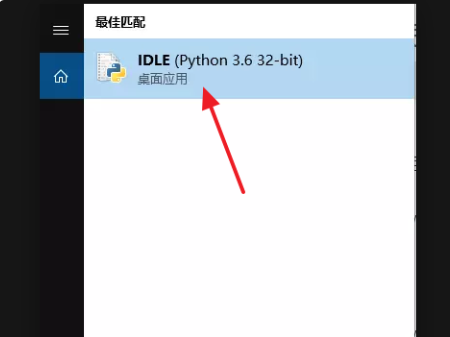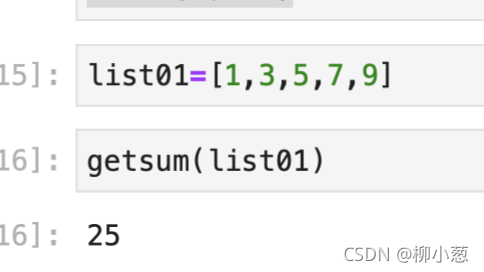已经是深秋了,森林里那一望无际的林木都已光秃,让褐色的苔掩住它身上的皱纹。无情的秋天剥下了它们美丽的衣裳,它们只好枯秃地站在那里。
在采集网页信息的时候,经常需要伪造报头来实现采集脚本的有效执行
下面,我们将使用urllib2的header部分伪造报头来实现采集信息
方法1、
#!/usr/bin/python
# -*- coding: utf-8 -*-
#encoding=utf-8
#Filename:urllib2-header.py
import urllib2
import sys
#抓取网页内容-发送报头-1
url= "//www.haodaima.com"
send_headers = {
'Host':'www.haodaima.com',
'User-Agent':'Mozilla/5.0 (Windows NT 6.2; rv:16.0) Gecko/20100101 Firefox/16.0',
'Accept':'text/html,application/xhtml+xml,application/xml;q=0.9,*/*;q=0.8',
'Connection':'keep-alive'
}
req = urllib2.Request(url,headers=send_headers)
r = urllib2.urlopen(req)
html = r.read() #返回网页内容
receive_header = r.info() #返回的报头信息
# sys.getfilesystemencoding()
html = html.decode('utf-8','replace').encode(sys.getfilesystemencoding()) #转码:避免输出出现乱码
print receive_header
# print '####################################'
print html
方法2、
#!/usr/bin/python
# -*- coding: utf-8 -*-
#encoding=utf-8
#Filename:urllib2-header.py
import urllib2
import sys
url = '//www.haodaima.com'
req = urllib2.Request(url)
req.add_header('Referer','//www.haodaima.com/')
req.add_header('User-Agent','Mozilla/5.0 (Windows NT 6.2; rv:16.0) Gecko/20100101 Firefox/16.0')
r = urllib2.urlopen(req)
html = r.read()
receive_header = r.info()
html = html.decode('utf-8').encode(sys.getfilesystemencoding())
print receive_header
print '#####################################'
print html
到此这篇关于python中使用urllib2伪造HTTP报头的2个方法就介绍到这了。有人说,青春仿佛是朵素洁的昙花,来不及铺张来不及遐思,甚至来不及弥补欠缺和瑕庛,就那么匆匆地谢了。更多相关python中使用urllib2伪造HTTP报头的2个方法内容请查看相关栏目,小编编辑不易,再次感谢大家的支持!





